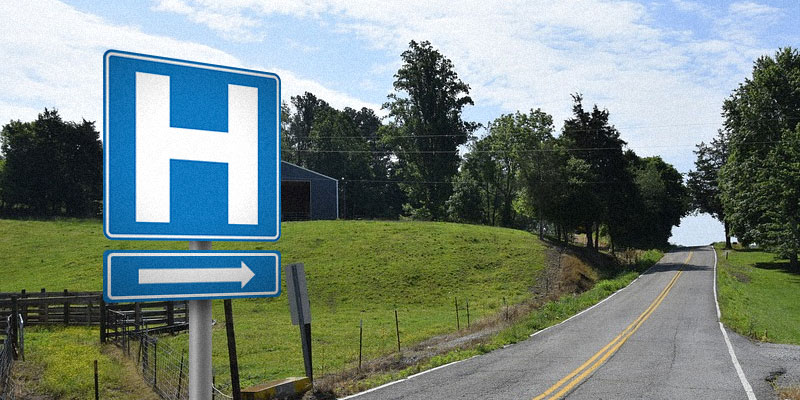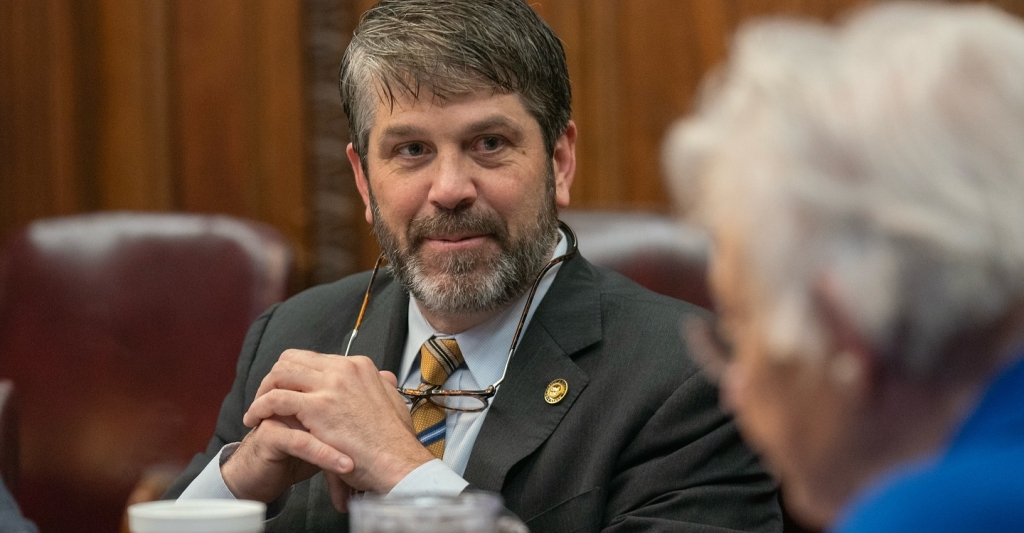Rural hospitals, once beacons of care in the heartlands, find themselves in dire straits. Patient numbers are dwindling, the uninsured population is swelling, and attracting skilled healthcare professionals is akin to finding a needle in a haystack. Now, some are heralding Medicaid Expansion as the remedy to their financial woes. But, after delving into the data, it’s clear that expansion is nothing but a billion-dollar boondoggle with no long-term salvation in sight.
States that have embraced Medicaid Expansion under the Affordable Care Act are witnessing a grim reality: one in four of their hospitals are on the brink of closure. Nearly fifty rural hospitals in these states have shuttered since the inception of expansion. What’s more, a 2020 Guidehouse study revealed that three out of the top five states with the highest percentage of essential community hospitals in danger are those expanding Medicaid. Shockingly, 76% of rural patients in these areas choose to seek care far from their communities in the hope of better care.
Upon closer scrutiny, it becomes evident that rural hospitals in expansion states are worse off. With adults swapping private insurance for Medicaid coverage, hospitals face reimbursement rates nearly 40% lower, plunging them deeper into financial turmoil. Far from being a cure-all, expansion only compounds all the challenges rural healthcare providers face.
Let’s be clear: the decline in hospital usage is a leading cause of closures, not the lack of Medicaid expansion. Fraud, mismanagement, low reimbursements, natural disasters, and staffing shortages are far more prevalent culprits. Even in cases where Medicaid expansion is cited as the reason for closure, it’s often intertwined with alleged malfeasance.
The notion that expanding Medicaid will rescue Alabama hospitals is pure folly. It will only balloon state spending and reliance on federal aid. Taxpayers foot the bill regardless of the funding source, but it’s state budgets that will bear the brunt.
Alabama already allocates a hefty chunk of its budget to Medicaid, about 20%, to cover around 1.2 million enrollees. Expansion is estimated to add 200,000, with a staggering cost of $208 million. History shows us that expansion states consistently exceed enrollment projections and incur costs well above initial estimates. Should Alabama follow suit, it risks sinking further into Medicaid dependency, leaving taxpayers to foot the bill.
Some argue that refusing expansion means leaving federal dollars on the table. But with our nation drowning in over $34 trillion of debt and recent credit downgrades, federal largesse is not sustainable. States will bear the brunt of inevitable cuts, spelling disaster for many.
The Yellowhammer State finds itself at a pivotal juncture. Will it maintain its independence and self-reliance, or will it yield to the seductive promise of federal largesse? Let’s not be fooled by the illusion of “free” money from Washington, DC. History has demonstrated that such promises come with strings and consequences aplenty. There’s always a price to pay, and it’s often far higher than we ever anticipate.
State Rep. Arnold Mooney has represented Alabama’s 43rd district since 2014.
Brooklyn Roberts is Senior Director of the Health and Human Services Task Force at the American Legislative Exchange Council, the nation’s largest non-partisan organization of state legislators.













